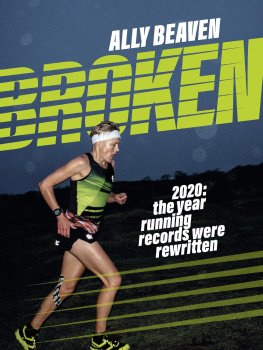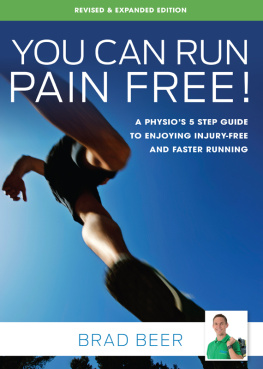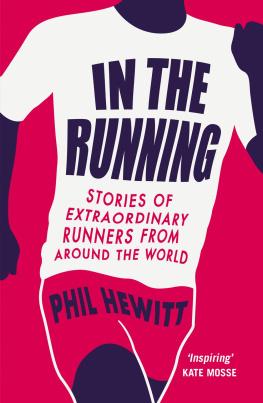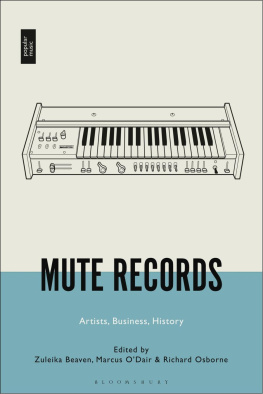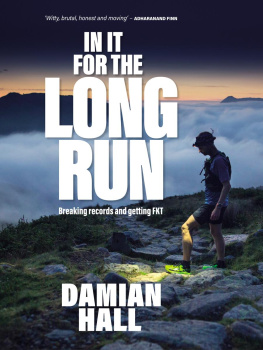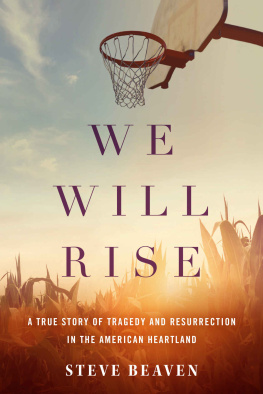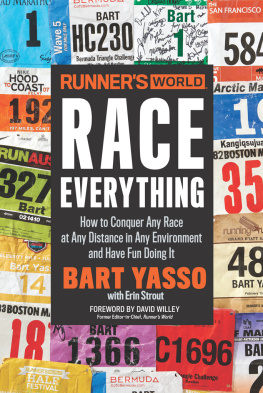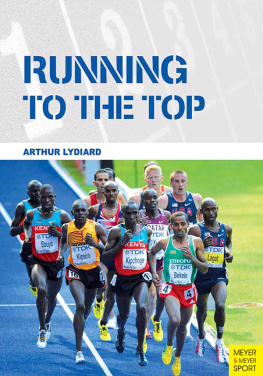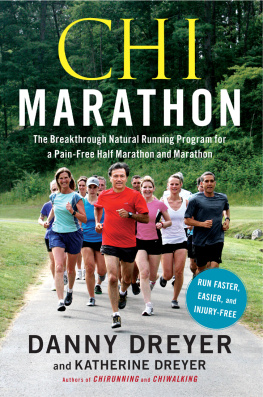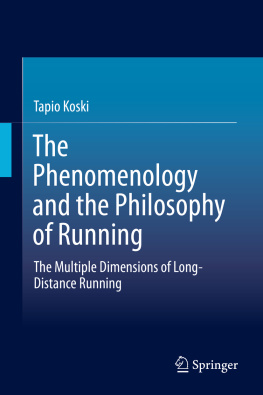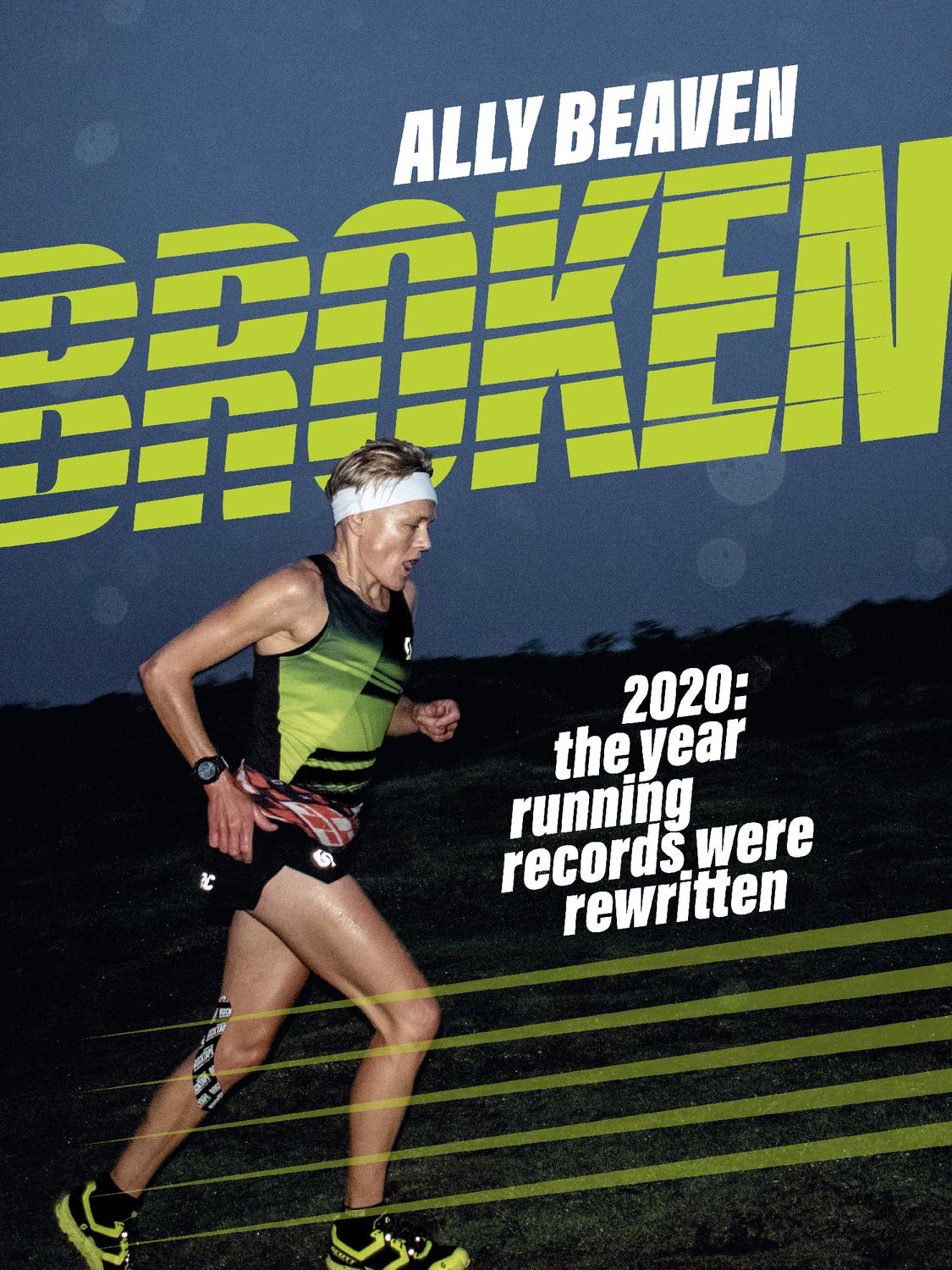vii
Despite what many of them would like you to believe, runners are just normal people who have a particular hobby. So when news of coronavirus first appeared at the tail end of 2019, most runners, like most people, failed to pay it much attention.
Even as Covid was taking hold in Europe, most people viewed it as little more than an inconvenience for their pal who had a skiing trip booked to Courmayeur. Looking back now, it seems insane that I paid my entry for the Ben Nevis Race on 9 March without a second thought. That was the same day that Italy entered national lockdown.
The glamour of the North District cross-country season behind us, most hill runners in the Highlands were gearing up for Cioch Mhor at the end of March. An out-and-back with an agricultural feel and always a good test of early season form, for 2020 it was to be the first round of the Scottish Hill Running Championships. Hill running is pretty small scale. It would be absurd to think of global events as having a bearing on a bunch of skinny Highlanders running through the fields near Dingwall. viii
But even then the writing was on the wall for those who cared to read it. It may not have been on the wall of a Highland byre, but it was definitely somewhere. Major sporting events had been being cancelled in China since January, and international events began to feel the strain in February.
The first big name to fall was the Tokyo Marathon. One of the six World Marathon Majors, in 2019 it had been an event of close to 40,000 people. On 17 February the organisers announced that the mass-participation race was cancelled. It would go ahead, but for elite runners only.
For hill and trail runners, the idea that this could be a precursor for cancellations of their races was ludicrous. Big city marathons involve thousands of people travelling from all over the world, huddling cheek by jowl in starting corrals like sheep in a pen, vigorously breathing on each other for hours on end, running, shuffling and walking past thousands of spectators. Hill races rarely amount to more than a couple of hundred people, with spectators limited to a handful of parents, spouses and children holding coats with varying degrees of enthusiasm. This was before wed all been told to start washing our hands, so the possibility that a virus could be spread by thoughtless pawing of plates of post-race flapjack in Dingwall Leisure Centre hadnt occurred to anyone.
And yet Covid kept creeping closer. In hindsight, things developed remarkably quickly, but at the time it felt like they were happening in slow motion. The pace of the viruss spread, rapid though it was, was nothing compared to the pace of speculation about what would and wouldnt happen.
On 11 March the World Health Organization declared a pandemic. The same day, the Highland Fling, Scotlands biggest ultramarathon, was cancelled. Two days later, the Coledale Horseshoe and Middle Fell Race in the Lake District were postponed. The day after that, as Spain entered lockdown, the first round of the British Fell Running ix Championship went ahead with Ras yr Aran in Wales, but with those who had any corona-like symptoms asked to stay away.
Two days later, Monday the 16th, an email went out from Sam Hesling:
Ive made the decision to postpone the Alex Brett Memorial Cioch Mhor. We do not yet have a new date for the race, and I dont expect we will be able to confirm one any time soon.
From Hubei to the Lake District, from Tokyo to Dingwall. A week after Cioch Mhor was axed, the national Stay at Home order was issued and everyones lives got a little bit weird. x
James Elson is the man behind Centurion Running, a company that organises 50- and 100-mile races in the south of England. If runners thought Covid was tough on them, it was far worse for the people trying to make a living putting on events.
Our first event is the first weekend in April; we then have half our season in April, May and June. In the middle of March we were still a go for the South Downs Way in April, but very quickly that became untenable, so we postponed that. I postponed the first three at the same time, in fact, and cancelled the Track 100.
The Track 100 was, as the name suggests, a 100-mile race on a track. Making its full debut in 2020, entry was by invitation only and some of the sports biggest names, twenty-four-hour world champions Aleksandr Sorokin and Camille Herron among them, were due to race in pursuit of world records. As James put it, Organising races is my job, but the reason we do it is because we love the races. I was so, so excited to be part of the Track 100 and then it got snatched away from us. That was really, really shit.
Although most runners agonising about cancelled races came from the point of view of participants, fans of the sport were also missing out on the opportunity to see some much anticipated match-ups: Sorokin and Herron versus the world records at the Track 100, Eliud Kipchoge and Kenenisa Bekele at the London Marathon, Finlay Wild and Andrew Douglas at Cioch Mhor.
It turns out that postponing and cancelling races involves as much work as if not more work than putting them on in the first place: transferring entries to new race dates, processing refunds, renegotiating with landowners. From the outside looking in, the world of events had ground to a halt, but James found himself busier than ever.
With all racing cancelled, and unlikely to be making a return any time soon, runners had to find new ways to get their kicks. Originating in countries with more restrictive lockdowns, for a while stay-at-home training challenges were the in thing. The man who started it all was Pan Shancu, a Chinese marathon runner who ran fifty kilometres in his living room, 6,250 laps of two tables pushed together. (He also claimed to have run thirty kilometres on the spot in his bathroom. I have no idea how that works.) The concept caught on. There were balcony marathons, garden hundred-milers, people climbing the height of Everest on their stairs. Even in the UK, where outdoor exercise was never off-limits, people were drawn to these challenges by the novelty value and, in many cases, the sweet, sweet dopamine of social media approval.
But these things can only be taken so far. Once a guy knocking on for 100 years old has pushed his Zimmer frame round hundreds of laps of his garden, raised countless thousands of pounds for the NHS (seemingly now a charity), become a national icon and been knighted, few people are likely to be impressed with your 50k Allotment Challenge.
And so the world moved on and virtual racing became the thing to do. Although nothing new, these events came into their own in an increasingly physically distanced world. Organisers specify a time frame to cover a certain distance; runners then submit evidence in the form of screenshots from their phone or photos of their watch, and their medal gets popped in the post. Many runners are cynical about virtual racing. It has all the downsides of racing, like entry fees and race T-shirts that will survive long after mankinds rapaciousness has destroyed the planet; and none of the upsides: the race-day buzz, the thrill of competition and the opportunity to post verifiable times. Some race directors shared this cynicism, including James Elson.

